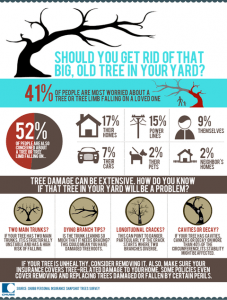Winter Weather Preparation
We know that your business’s safety this winter is dependent on being prepared for whatever winter might bring. Below are a few of the steps you can take today to address the most common problems that cause property damage in winter.
What do you need to do?
Cold air in enclosed spaces
- Visually inspect concealed spaces for gaps in wall materials; water pipes in these areas can freeze if unprotected
- Keep these spaces warmed to at least 50° F or use certified heat tape
Sprinkler systems and related equipment
- Keep building temperatures at 50° F for wet-pipe systems, including the enclosures housing a riser equipped with a dry pipe valve
- Dry pipe systems should be drained at the low point prior to the onset of cold weather
- Service and inspect all hydrants, tanks, fire dept. connections and sprinkler systems accessories before the onset of cold weather
General building protection
- Inspect vacant buildings or unoccupied areas of the building during cold weather to be sure heating systems are functioning properly
- Identify sources of cold air infiltration and repair leaks or seals
- Inspect roofs to be sure they can withstand snow loads; remove snow from roofs if roof strength is in question
- Keep gutters, downspouts and roof drains clear to avoid clogging and freezing
Preventing ice dams
- Increase insulation above ceilings inside the building
- Consider the use of heating cables to prevent ice dams
- Increase ventilation in attic spaces
- Inspect roofs for evidence of standing water (mold, mildew, vegetation) that might indicate future problems, and address the situation with a roofing contractor
- SAFELY remove snow with a roof rake or stiff-bristled broom when ice dams have been a problem (always follow OSHA guidelines for worker safety during roof work)
Responding to a heat loss event
- Drain any equipment that contains water that could freeze if the temperature drops
- Investigate sources of temporary heat to be prepared for low temperatures
- Train security or maintenance/facility personnel in how to close automatic sprinkler valves if a leak or break should occur.
Where can you find more resources?
View the full lists of precautions you can take to help reduce the likelihood of winter weather damage. Or visit Risk Solutions’ Severe Weather page for more details.


